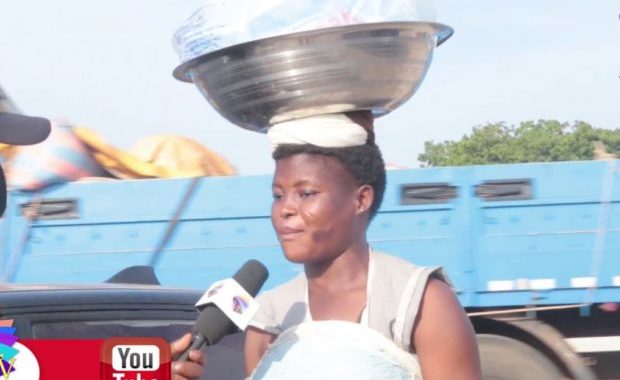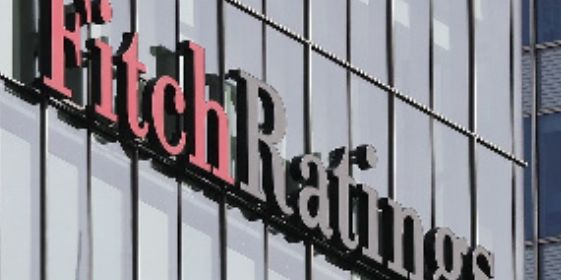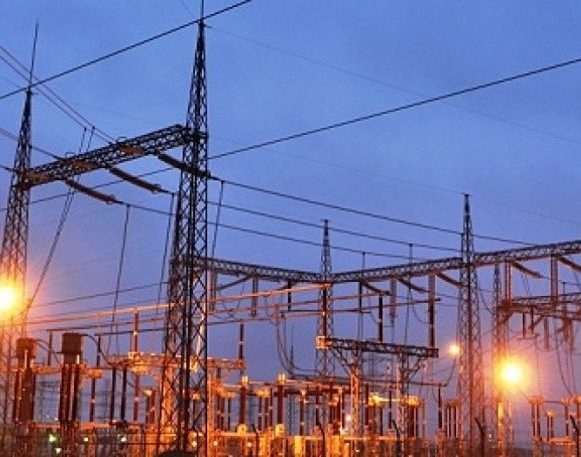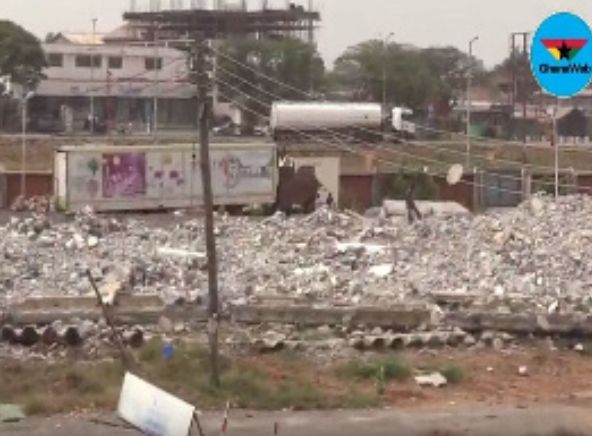IMF deal: LGBTQI+, low utility tariffs ‘unseen conditionalities’ delaying Board approval

According to him, Ghana’s inability to meet some conditions by the IMF including the withdrawal of the LGBTQ bill which is currently in parliament now and the increase of utility tariffs to at least 80 percent are some of the key factors deferring the final approval by the board.
He said this in an interview on Kumasi-based OTEC 102.9 FM’s morning show Nyansapo on Monday, March 27, 2023.
“There are some unseen conditionalities the IMF is expecting Ghana to do, for instance, in other countries, issues about LGBTQ were highly considered before the IMF eventually extended their help to such countries and Ghana is no exception in this case.”
“If you have taken note, economies that really support LGBTQ+ and its affiliate institutions and policies, get easy access to the IMF and the World Bank,” he told the programme’s host Captain Koda.
Ghana IMF Agreement
IMF staff and the Ghanaian authorities on December 22 reached a staff-level agreement on economic policies and reforms to be supported by a new three-year arrangement under the Extended Credit Facility (ECF) of about US$3 billion.
The authorities’ strong reform program aims at restoring macroeconomic stability and debt sustainability while protecting the vulnerable, preserving financial stability, and laying the foundation for strong and inclusive recovery.
Status of Ghana’s Programme
While many Ghanaians are looking for final approval from the IMF, Government has indicated that it is working to present its economic programme by March ending 2023.
The government is yet to meet all the pre-conditions needed before the programme can commence.
Meanwhile, the IMF has emphasized that it was necessary for Ghana to secure financing assurances from its partners and creditors before the country can present its programme request to the Executive Board for approval.
Dr. Walanyo Mensah however said he was optimistic that Ghana will eventually pass the test and get IMF’s approval.
Source: otecfmghana.com





